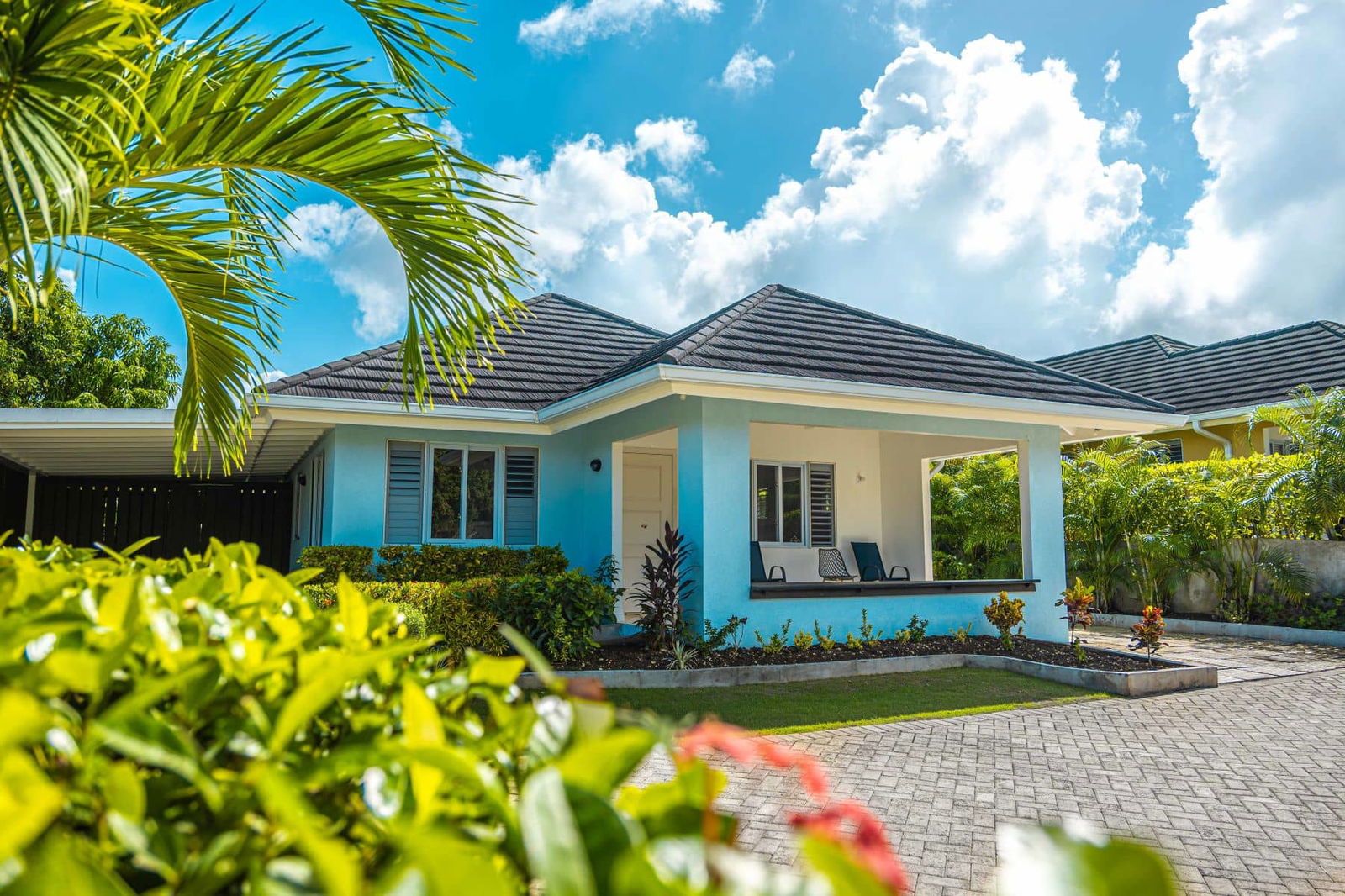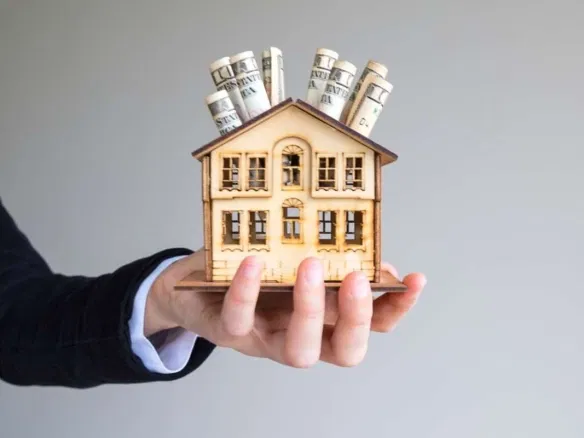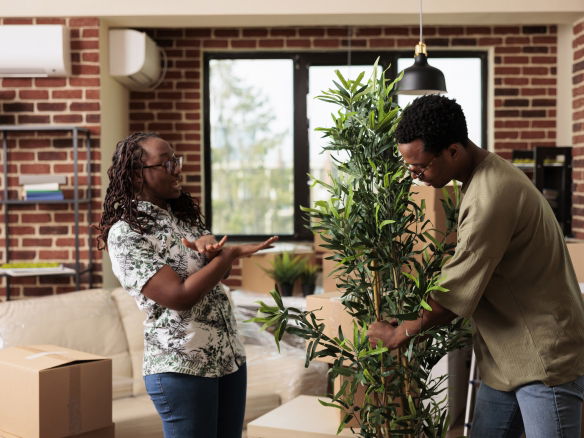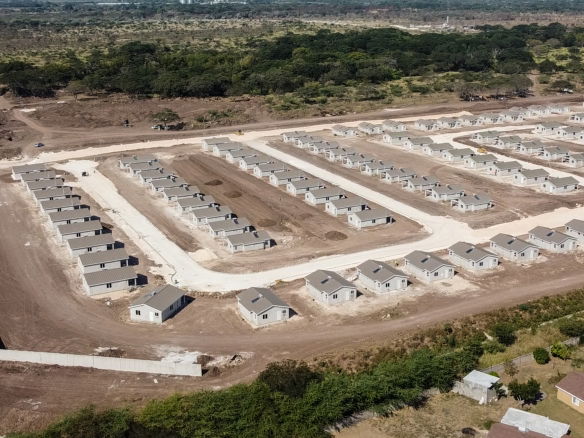Purchasing real estate in Jamaica is a significant investment that many aspire to achieve, both locally and internationally. The allure of owning a “piece of the rock” is undeniable, and real estate continues to be a proven pathway to building wealth. However, the process of buying property can be daunting, especially for first-time buyers. To help navigate this journey, here’s a step-by-step guide based on insights shared by Natalie Sawyers, a sales and customer service associate at Proven Properties, originally published by The Gleaner.
Getting Started: Pre-Qualification
The first step in purchasing real estate is understanding your budget. Ask yourself, “What can I afford?” If you’re considering a mortgage, it’s crucial to get pre-qualified with a reputable financial institution. Pre-qualification provides clarity on your price range, deposit requirements, and the bank’s closing costs. A meeting with your mortgage officer will help you grasp these details before you begin your home search.
Pre-qualification is also vital for showing sellers that you are financially capable of purchasing the property. Given that real estate is one of the largest investments you’ll make, it’s essential to shop around for the best mortgage rates and fees. In Jamaica, mortgage rates can vary significantly, with the National Housing Trust (NHT) offering rates as low as 0-5% for Jamaican dollar loans, while commercial banks and building societies offer rates between 7.95% and 11.5%.
For Cash Buyers
If you’re purchasing with cash, the Anti-Money Laundering Act mandates that all transactions go through a bank, making proof of funds necessary. This proof can be in the form of recent savings or investment statements, a bank letter, or financial documents in your or your business’s name.
The Importance of Savings
Having substantial savings is crucial in the real estate buying process. A deposit, typically ranging from 5% to 20% of the selling price, is required to show your commitment. You’ll also need to budget for closing costs, which include fees for the sales agreement, stamp duty, registration fees, and transfer tax. Your mortgage lender will also have closing costs, usually amounting to 2.5% of the purchase price plus GCT.
Discuss these fees with your mortgage officer to ensure you’re getting the best deal possible.
House Hunting
With your pre-qualification letter and savings in hand, you can begin your search for the perfect property. Partner with a trustworthy real estate sales agent who can guide you through the process. Alternatively, you can explore neighborhoods on your own or check the real estate section in newspapers.
When house hunting, consider the following questions, especially if you’re looking at apartments or townhouses:
- Does the property have 24-hour security?
- What is the monthly maintenance fee, and what does it cover?
- Is the complex managed by a property manager?
- Are pets allowed?
- How many units are in the complex?
- Is short- or long-term leasing allowed?
- How often is garbage collected?
A knowledgeable real estate agent can help alleviate the stress of searching for a home, offering access to a wider network of sellers and better deals. In Jamaica, real estate agents’ commissions are typically paid by the vendor, so their services are free to you as the purchaser.
Do You Need an Attorney?
One of the most frequently asked questions is whether you need a real estate attorney. The answer is a resounding yes. An attorney can simplify the complex steps involved in purchasing property, ensuring that your interests are protected. They will review the sales agreement, conduct checks at the Title’s Office to confirm that the title is in the vendor’s name, and ensure there are no breaches on the property. This added layer of protection is worth the expense to avoid any potential issues.
Essential Documents Checklist (FAQ)
What document do I need to purchase property in Jamaica?
You need a Customer Information Form required by the Real Estate Board (REB), which includes your full name, civic address, occupation, and other personal details. You also need to provide ID, TRN, Proof of Address, Valuation and Surveyors Report.
What are acceptable forms of identification?
Acceptable IDs include Driver’s Licenses, Passports, Voter’s IDs, and State IDs.
What is a Tax Registration Number (TRN), and why do I need it?
A Tax Registration Number (TRN) is necessary for purchasing property in Jamaica. You can apply for it online at www.jamaicatax.gov.jm. If you are overseas and want to apply for a TRN you can find a comprehensive guide here.
What documents can be used for proof of address?
Proof of Address can be provided through a recent utility bill, credit card statement, or a letter (not older than 3 months) that shows your home address.
What is a Valuation Report, and why is it required?
A Valuation Report establishes the property’s value and is required by your mortgage lender to assess the property’s worth.
What is a Surveyor’s ID Report?
A Surveyor’s ID Report identifies the property using the title and checks for any breaches of restrictive covenants to ensure everything is in order before purchase.
While the process of purchasing real estate in Jamaica may seem challenging, with thorough research and the assistance of professionals, it can be an exciting and rewarding experience.
This guide was inspired by the article “Real Estate Talk | A guide to buying real estate in Jamaica” by Natalie Sawyers, originally published in The Gleaner.





